

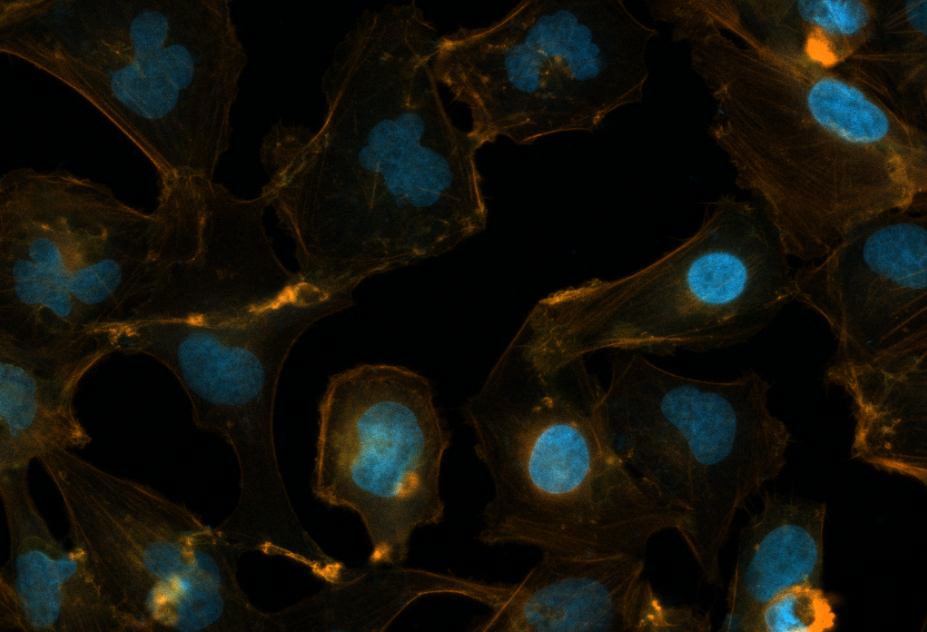
A study conducted at a FAPESP-supported research center discovered a link between the protein VAPB and tumor cell proliferation in medulloblastoma, one of the most common and aggressive brain tumors in children.
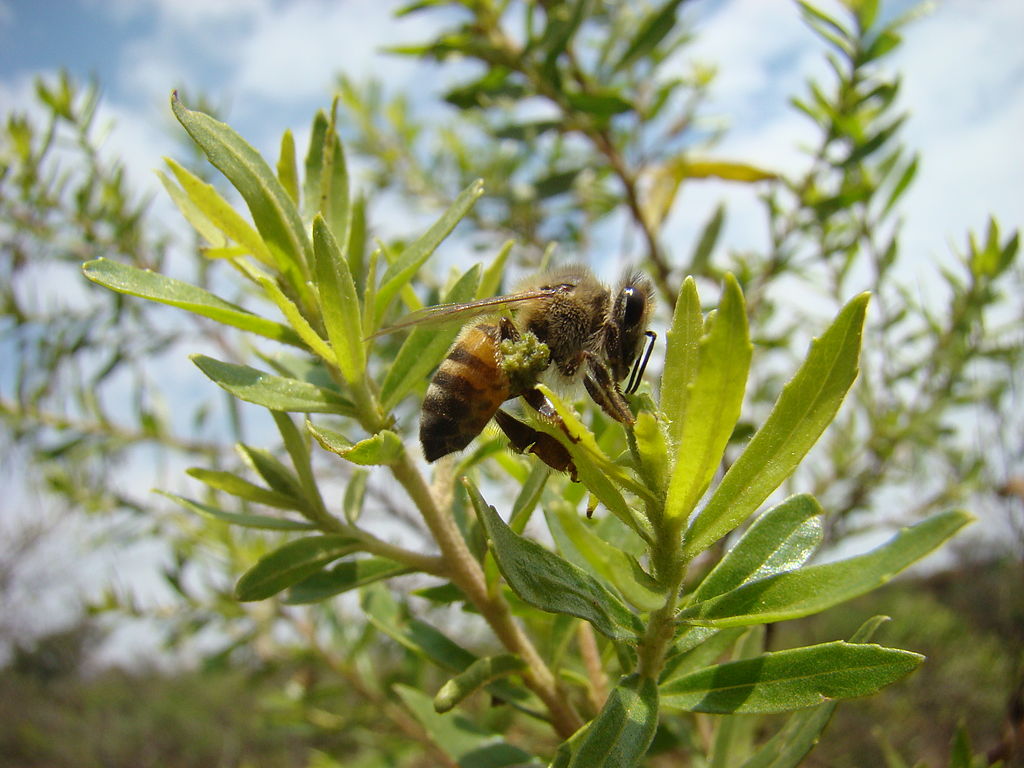
The analysis compared the effects of artepillin C on healthy cells and cancer cells, as well as the effects on its efficacy of variations in the medium’s pH.
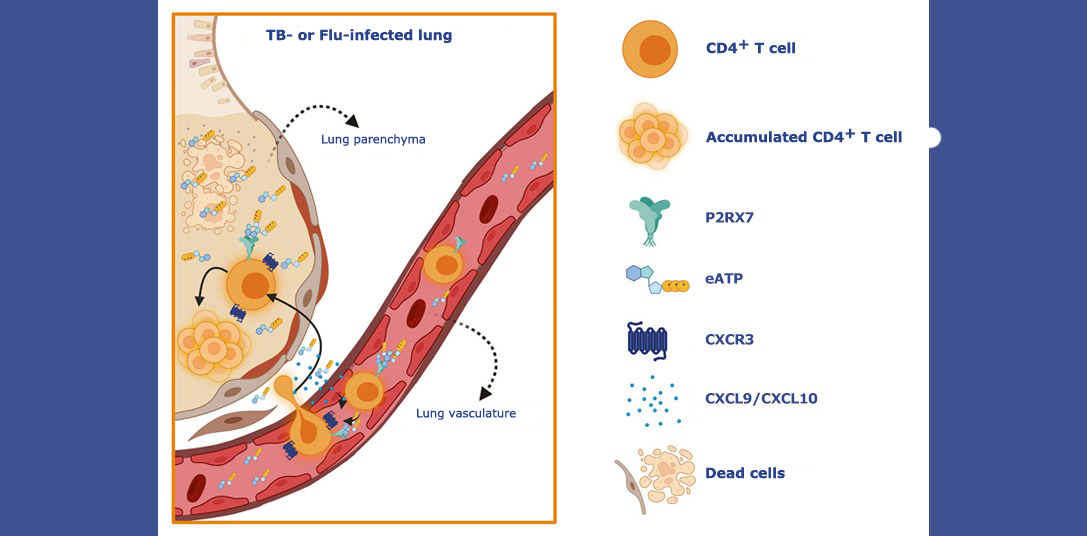
CD4+ T cells play an important role in the immune response to pulmonary infections, but excessive amounts can damage the lungs. In experiments with mice, researchers at the University of São Paulo discovered what leads to this exacerbated response.
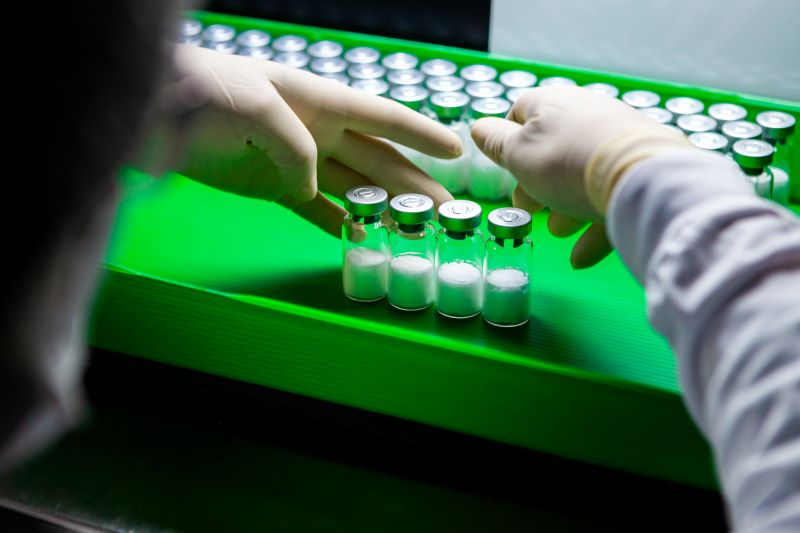
Data from the Phase 3 clinical trial was published on February 1st in The New England Journal of Medicine. The vaccine is safe for both participants who have had dengue and those who have never been exposed to the virus before.
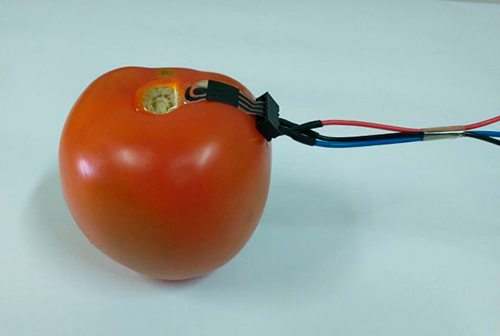
Developed by a team of Brazilian researchers, the device is made of plant-based material with little environmental impact, and detects pesticides in a few minutes, helping to certify food safety.

In 18 cities of the Barretos region, where the proportion of Black people in the population is smaller, cancer kills more members of this ethnic group, whereas in the capital of the same state, it kills more White people, according to a study that compares cancer mortality rates and points to ways of reducing inequalities in diagnosis and treatment.
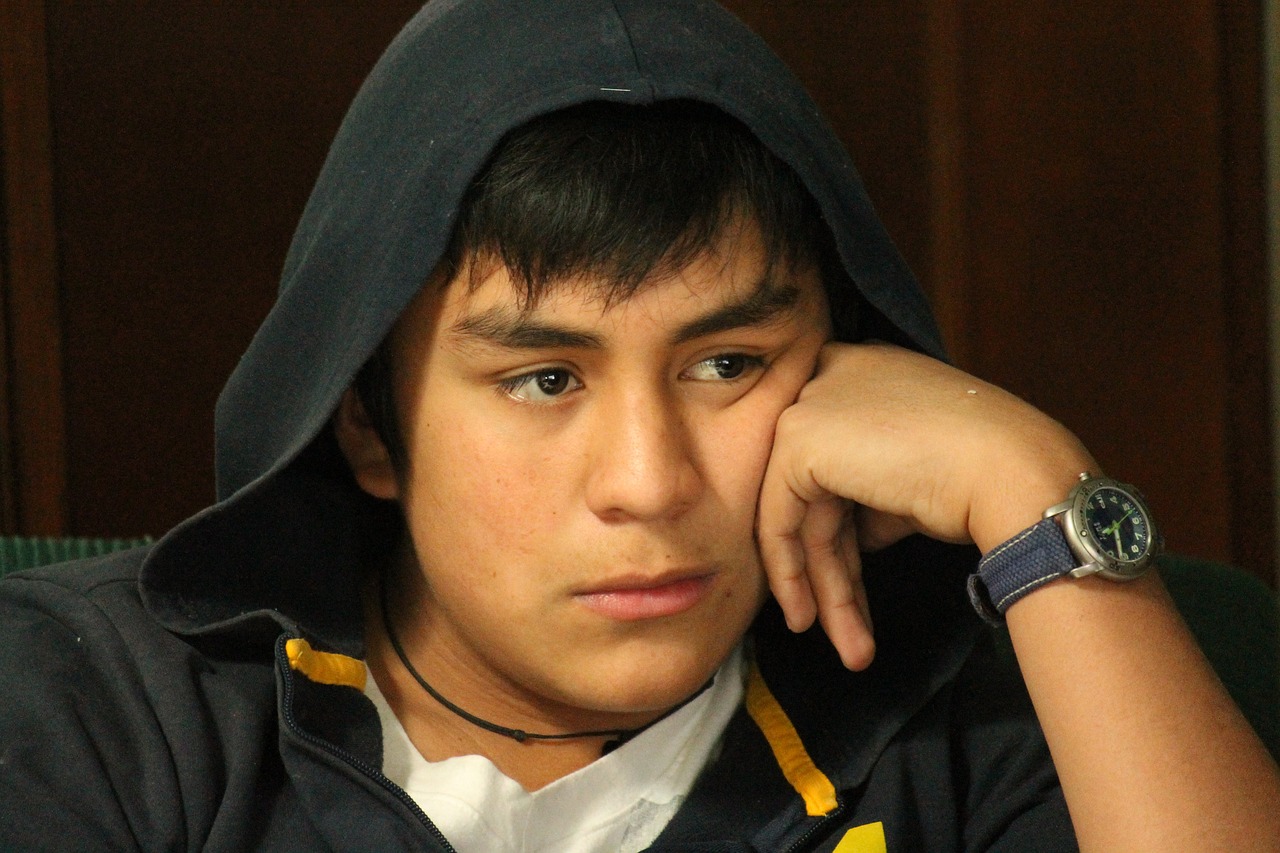
In experiments with rats, researchers at the University of São Paulo analyzed brain tissue and detected alterations in genes associated with energy metabolism.
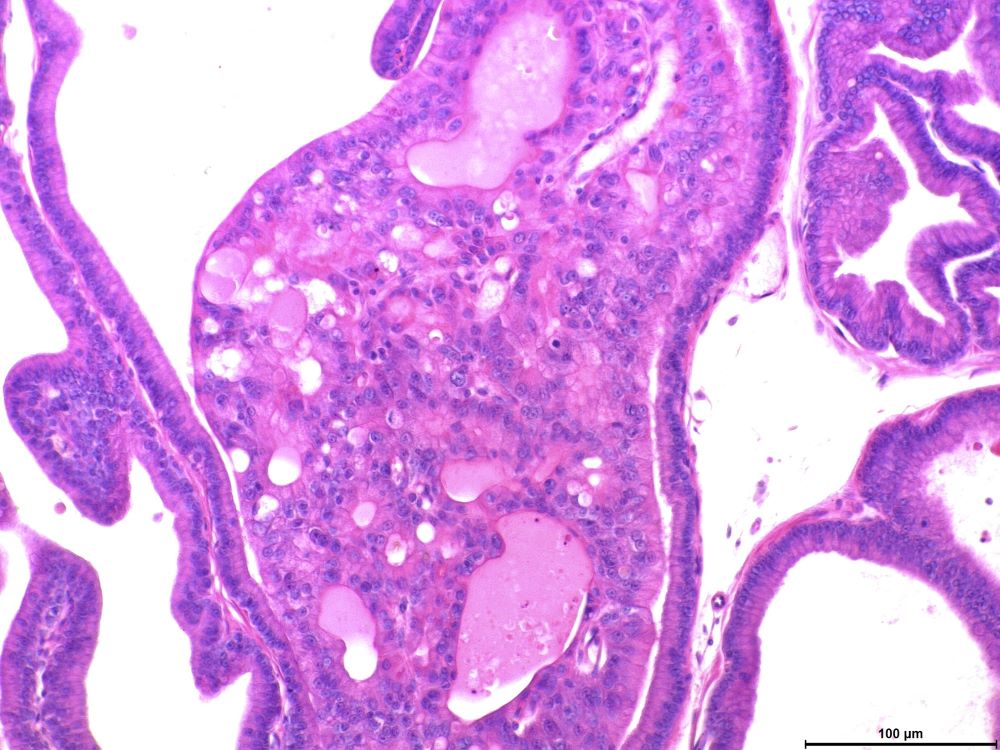
In experiments with rats, researchers at São Paulo State University detected changes in the expression of more than 700 genes in offspring. One of these genes is known to be associated with prostate cancer.

Some species of cetacean are up to 4 meters in length, while others reach 30 meters. According to researchers at the State University of Campinas, genes that favor the colossal growth of these mammals also inhibit the development of cancer.
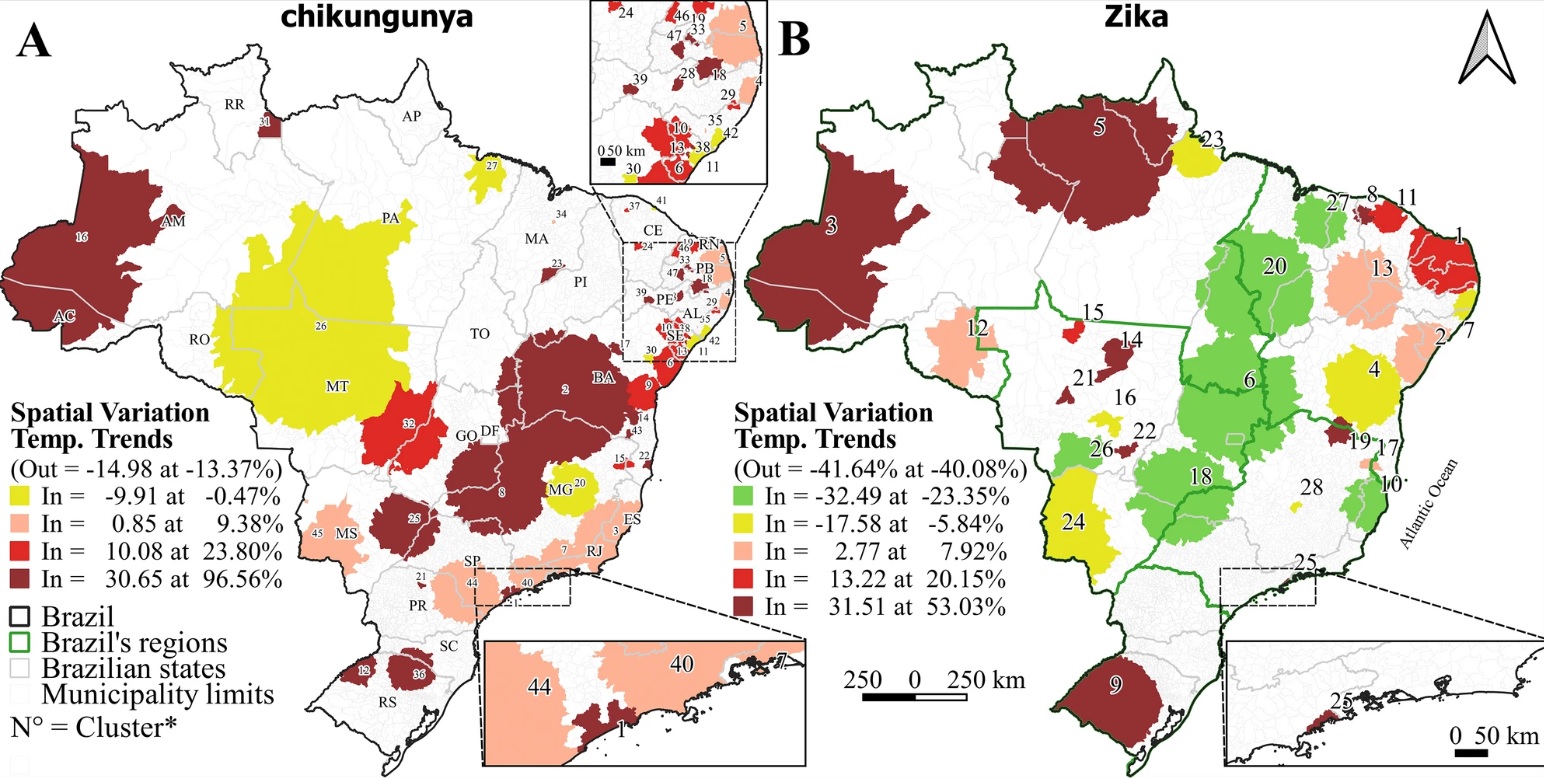
Researchers at the University of São Paulo and São Paulo state’s Center for Epidemiological Surveillance observed spatial and temporal patterns of occurrence and co-occurrence for the two arboviral diseases in all Brazilian municipalities, alongside the influence of environmental and socio-economic factors.

A study involving 20 women with rheumatoid arthritis and high blood pressure demonstrates the benefits of walking at moderate speed for 30 minutes even after tests that simulate stressful situations and tend to raise blood pressure.
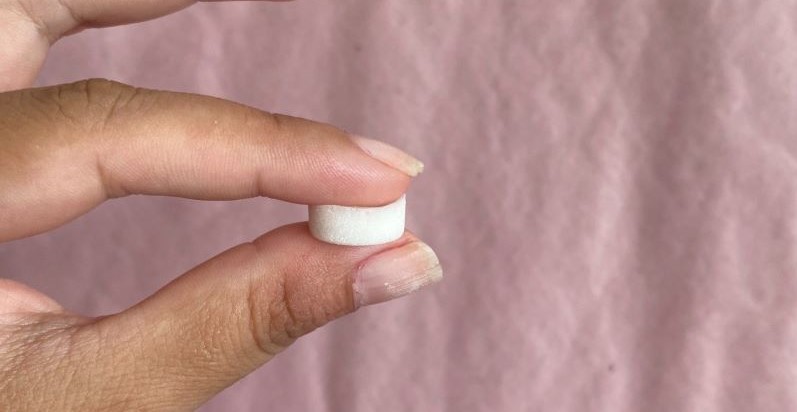
The device is under preclinical trials; the sponge is made of soft, biodegradable material and releases medication slowly into the organism.

The kit is designed to be used for screening. If the result is negative, it should be repeated a year later. If positive, the individual should see a specialist.
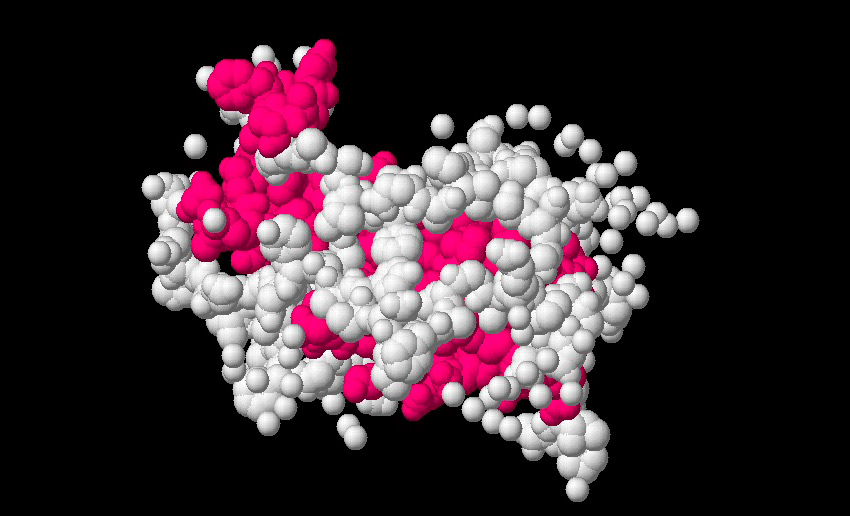
Researchers at the University of São Paulo identified in mice the neurons associated with the anxiolytic effect of growth hormone. Their discovery paves the way for the development of novel classes of medications for neuropsychiatric disorders.

Fragments of hemorrhagic toxins that may help treat high blood pressure were found in the venom of the pit viper Cotiara, which inhabits the South of Brazil, and that of the South American bushmaster, a denizen of tropical rainforests. The molecules might one day be used in drugs with fewer adverse side effects.

A survey conducted in a Brazilian state with the country’s second-highest number of ophidic accidents draws attention to the need to train health workers to complete notification forms correctly. Better data will help improve research and antivenom distribution.
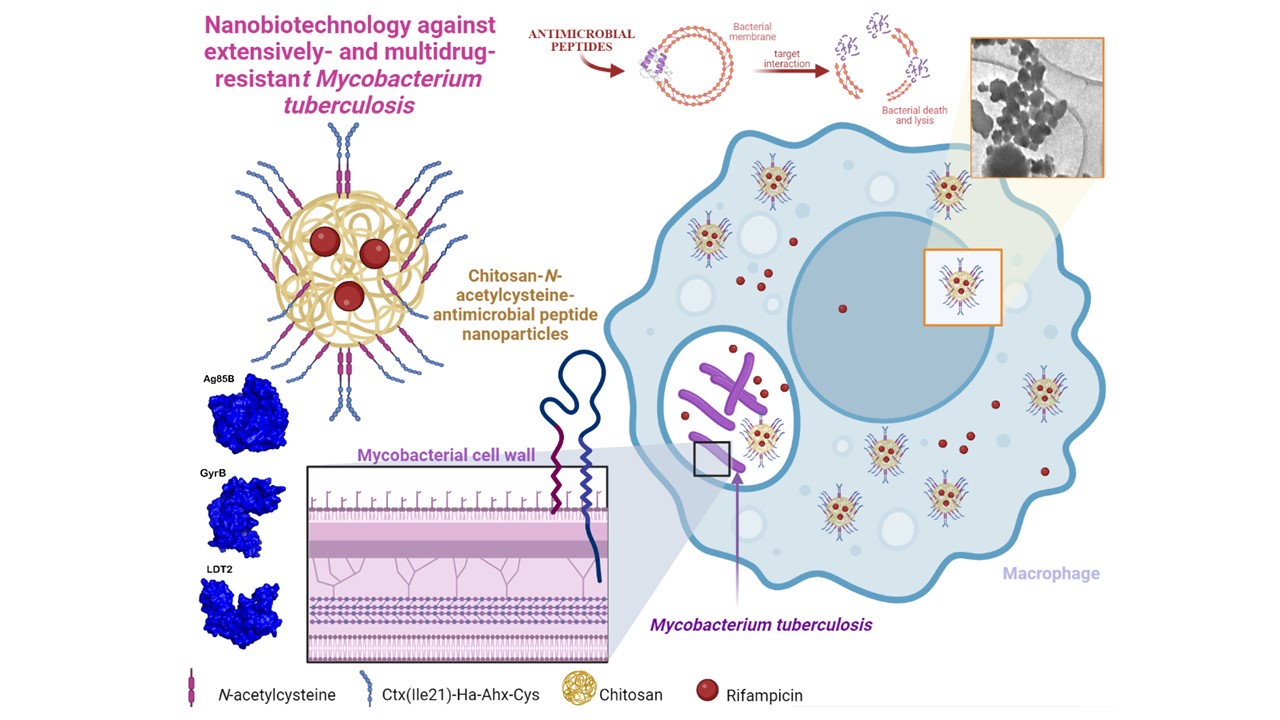
Researchers at São Paulo State University tested the action of nanoparticles loaded with antibiotics and other antimicrobial compounds on cells infected by the bacillus that causes tuberculosis. The results suggest the strategy can overcome multidrug bacterial resistance.
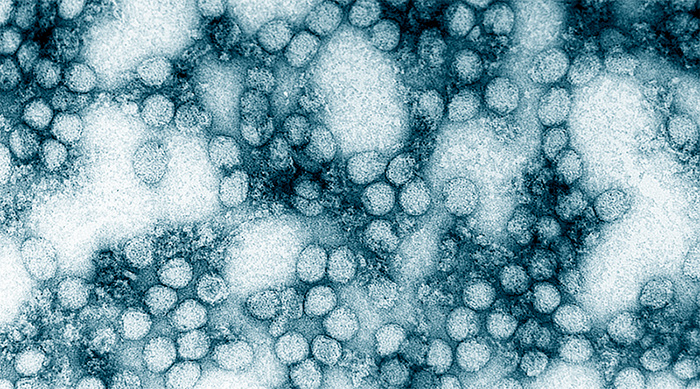
The study is the first-ever demonstration of the anatomical substrate for the cardiac arrhythmias that occur in human yellow fever.

Brazilian researchers analyzed air pollution in metropolitan São Paulo in 2019-20 when mobility restrictions and social distancing applied in the southern hemisphere’s largest city. Even so, the daily average exceeded the World Health Organization’s air quality standard on 75 days.
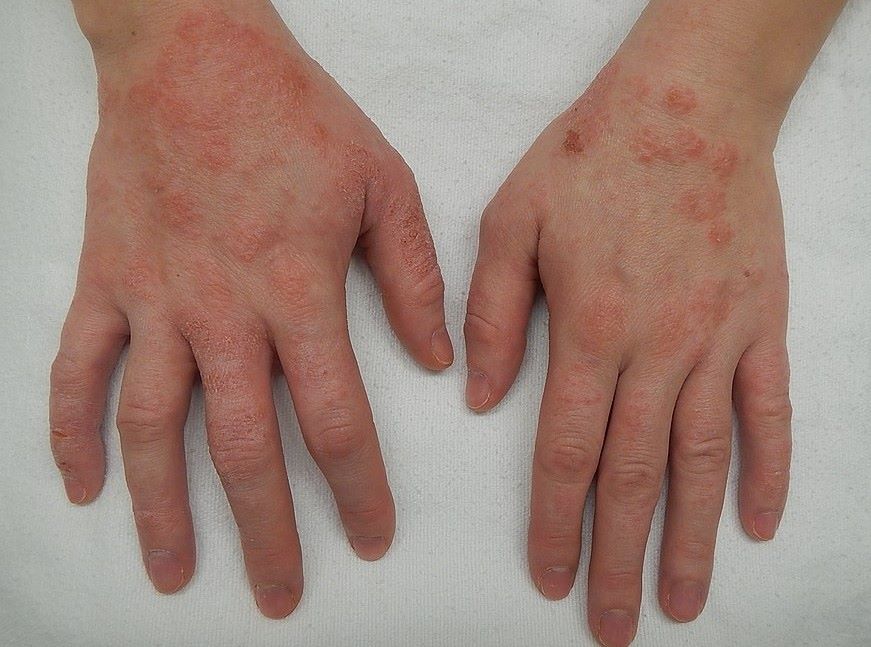
A review article by Brazilian researchers lists recent discoveries on this chronic inflammatory skin disease, which affects around 10% of adults and 25% of children.
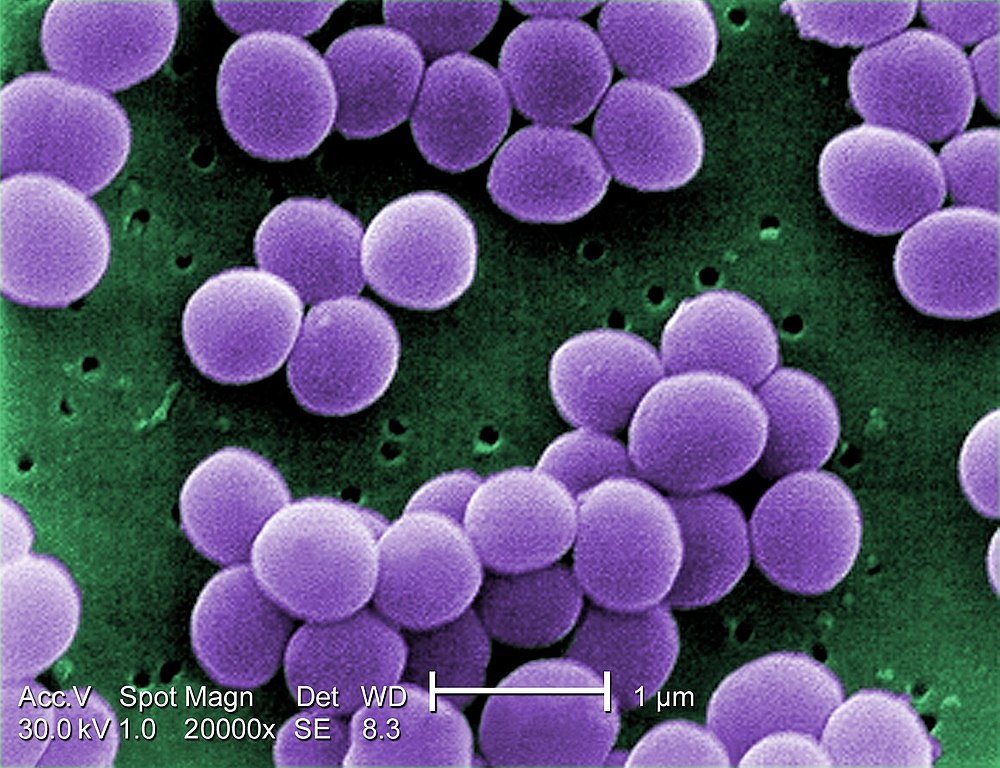
A study conducted at the University of São Paulo’s Optics and Photonics Research Center in Brazil showed a change in the bacterium’s sensitivity after five applications.
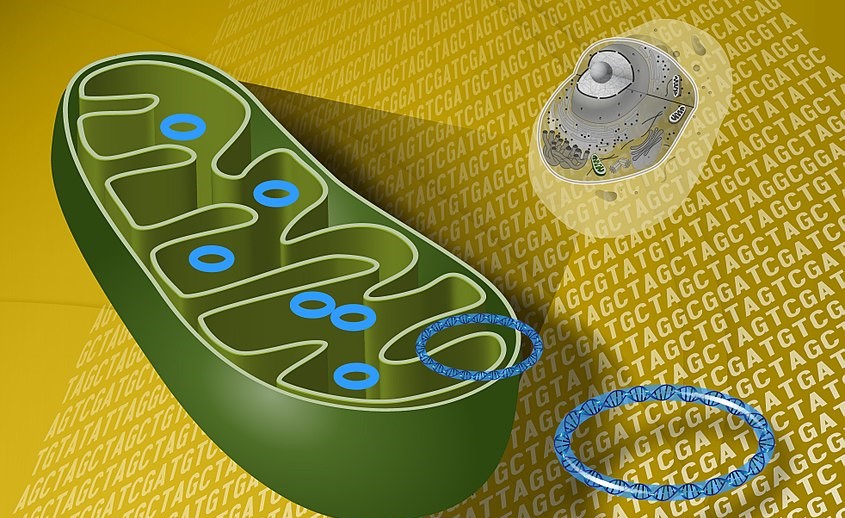
Infection by SARS-CoV-2 can suppress the expression of mitochondrial genes involved in production of ATP cell fuel in many vital organs. The discovery paves the way to a search for strategies to restore mitochondrial function.
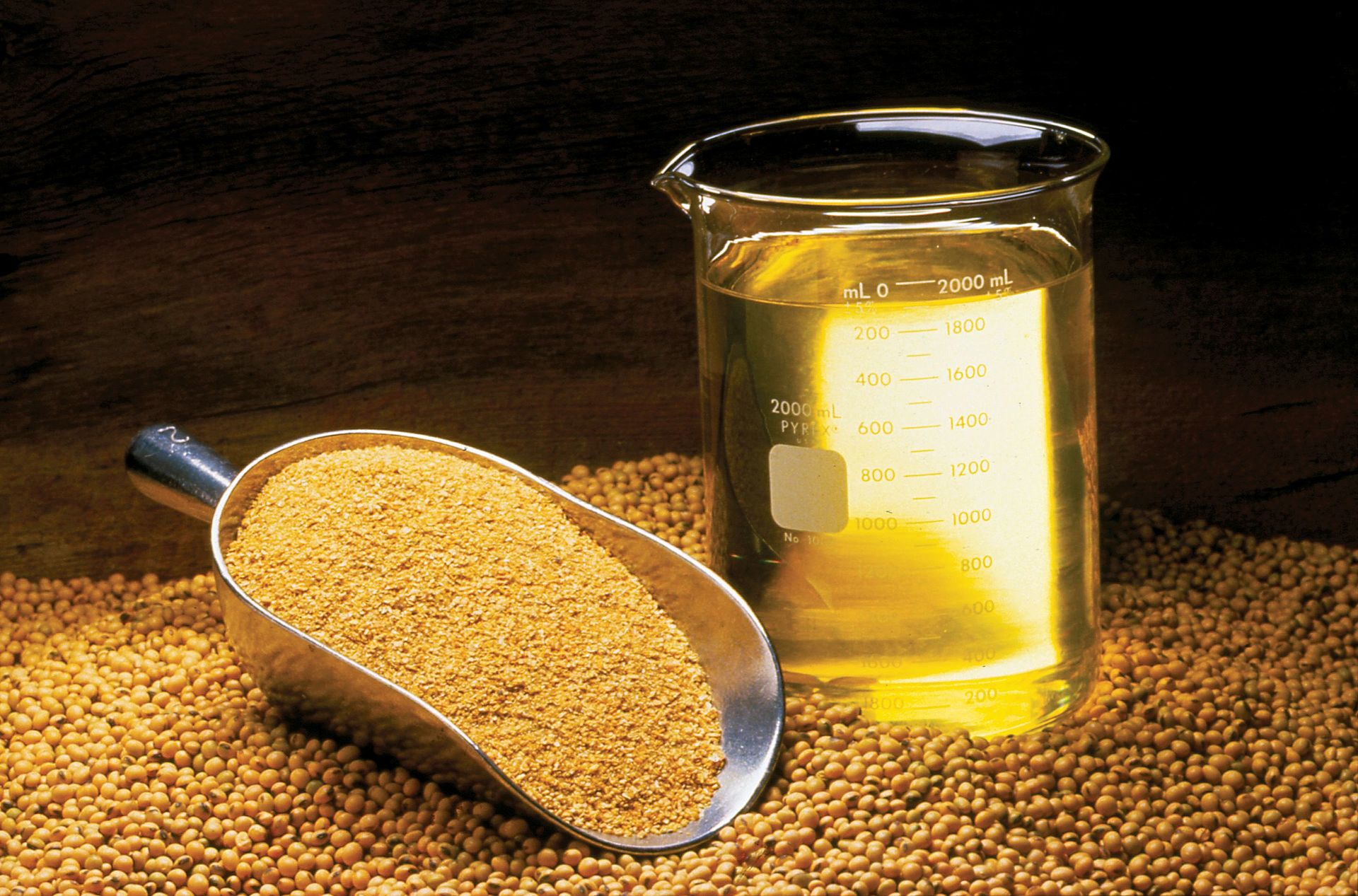
Scientists in Brazil have tested a method to obtain a substance similar to estrogen from soy isoflavones. They aim to create a product that reduces the discomfort suffered by many women in the menopause.
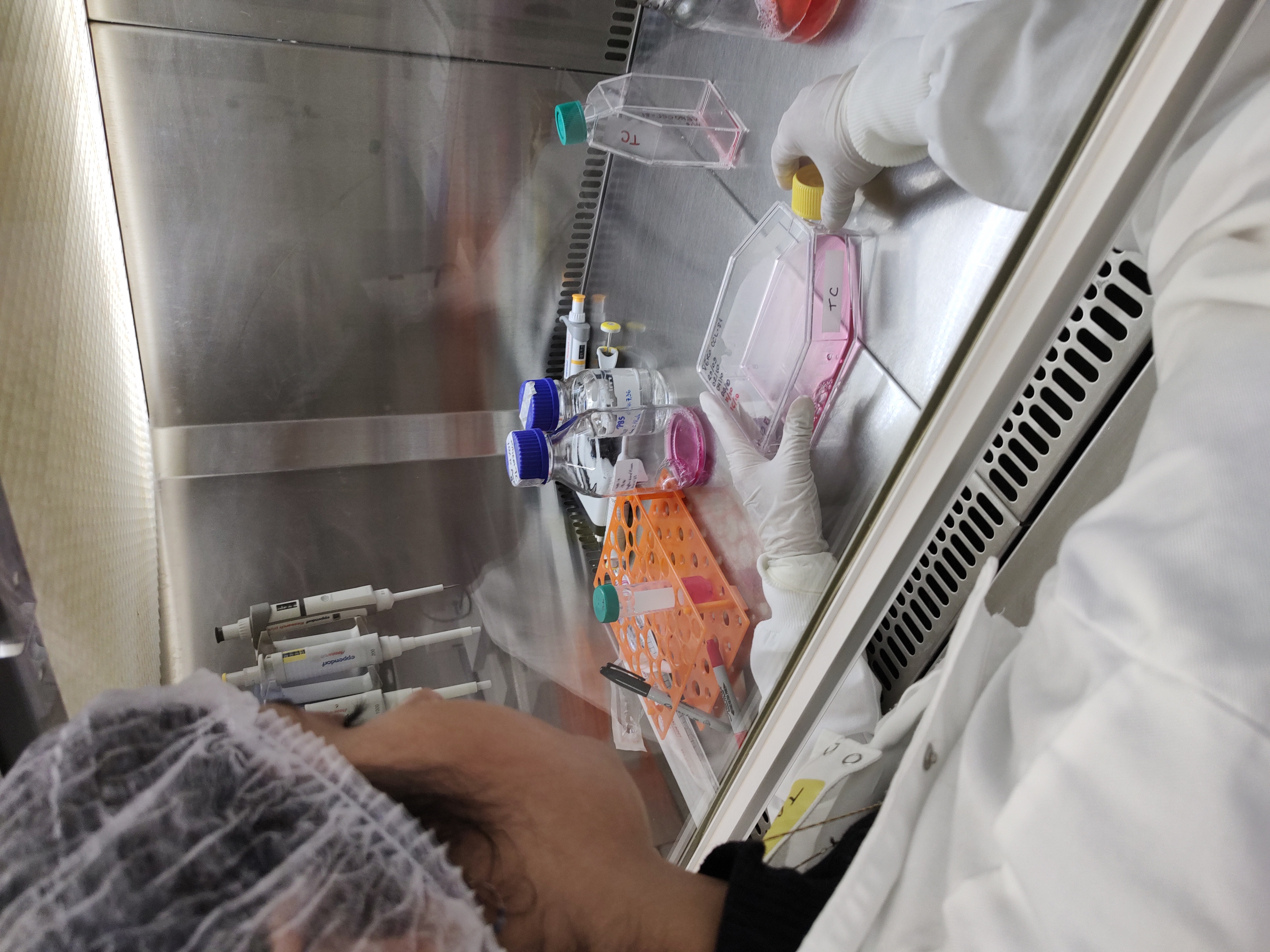
Results of tests with the substance pave the way for the development of medications or specific vaccines against zika, for which there is currently no treatment. The number of cases rose 20% year on year in the first seven months of 2023.
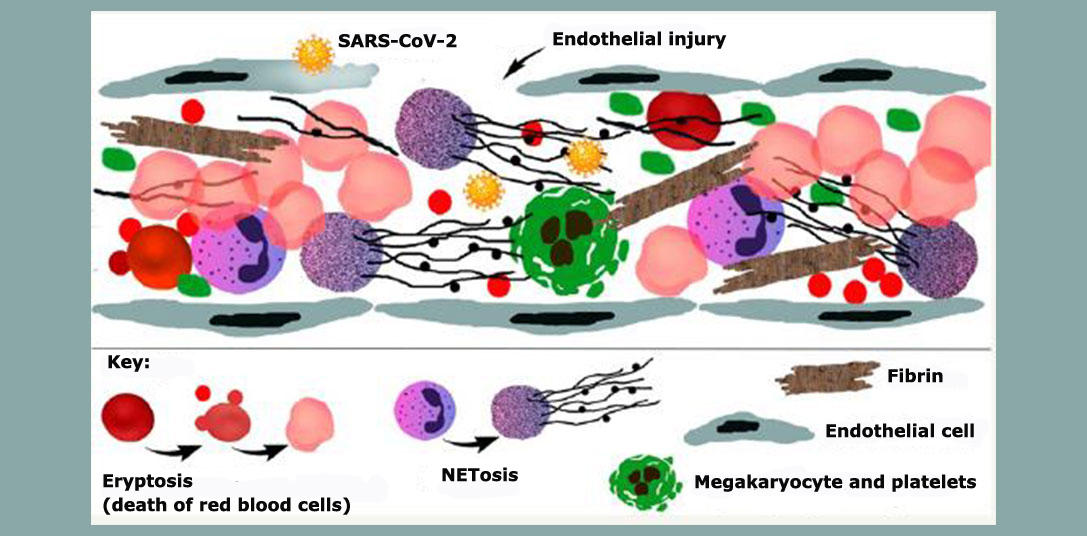
In an article published in the Journal of Applied Physiology, researchers at the University of São Paulo show that damage to small blood vessels in the lungs caused by SARS-CoV-2 is the main factor underlying severe COVID-19.